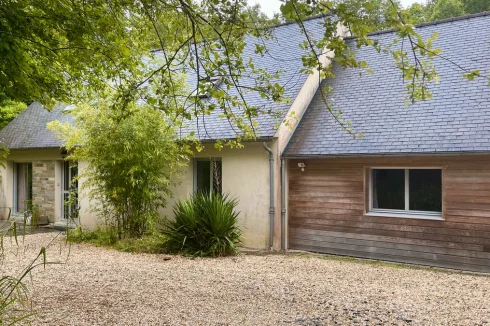Planning Taxes to be Merged
Wednesday 15 December 2010
There is to be a rationalisation of the current confusing and multiple array of planning taxes and a review of planning laws.
The taxes d’urbanisme are a somewhat archaic list of planning taxes that very few properly understand, and which often come as a surprise to those granted planning consent.
Unlike in the UK, no planning application fee is payable, but if consent is granted, then, depending on where you live and the nature of the development, you could be liable for around half a dozen different taxes.
On their own, most of these taxes are fairly inconsequential, but together they can amount to several thousand euros for, say, planning consent for a new home.
The main taxes are :
- la taxe locale d'équipement (TLE) ;
- la taxe départementale pour le financement des conseils d'architecture, d'urbanisme et de l'environnement ;
- la participation pour voirie et réseaux (PVR)
- taxe de raccordement à l’égoût (PRE).
There are also specific taxes in certain areas of France, such as la taxe spéciale d'équipement de la Savoie and la taxe complémentaire à la TLE perçue au profit de la région d’Ile-de-France.
The taxes cover the costs incurred by local authorities in the provision of infrastructure services, as well as the operation of the local planning and architectural advisory services (CAUE).
Although full details of the new arrangements have yet to be finalised it seems that as many as possible of these taxes will be merged into a new single tax, called la taxe d’aménagement (TA).
All planning applications and works declarations submitted from 1st March 2012 will be subject to this new tax in lieu of all (or most) of the existing taxes.
In making the announcement, the Minister of Housing and Planning, Bernard Apparu, stated that the proceeds from the new tax would be fiscally neutral, although given the abysmal track record of the government in their assessment of the receipts from other tax reforms they have introduced, few commentators doubt this will be the case.
It is, however, anticipated that one of the bye-products of a rationalisation of the system will be a reduction in administrative costs.
Low Density Tax
The government are also to give discretionary power to local authorities to impose an tax on the under-development of land.
Under these proposals local authorities will be entitled in their local plans to stipulate a minimal level of density for developments. If this threshold is not achieved by developers and builders, then the planning authority will have the power to impose a 'low density' tax.
The aims of the new tax (called the versement pour sous-densité - VSD) are to increase the provision of new homes and slow down urban sprawl.
Wider Review of Planning Laws
President Sarkozy has also stated he wants a more general review of planning law to streamline and make more transparent the existing procedures.
Several working parties have been established to review the current arrangements, which will report in the Spring.
In addition to the review of planning taxes, the working parties will be considering a simplication of the procedures for new developments (lotissements), a review of the local planning system, and reform of the calculation of habitable surface areas (SHON).
It is unlikely that many of these changes will come into force until after the presidential elections in 2012.
Thank you for showing an interest in our News section.
Our News section is no longer being published although our catalogue of articles remains in place.
If you found our News useful, please have a look at France Insider, our subscription based News service with in-depth analysis, or our authoritative Guides to France.
If you require advice and assistance with the purchase of French property and moving to France, then take a look at the France Insider Property Clinic.





